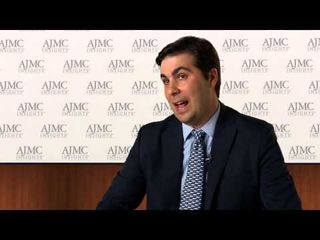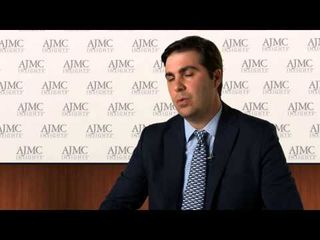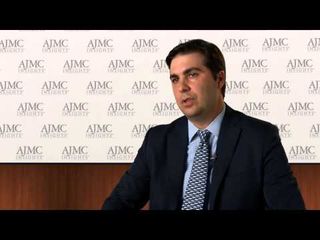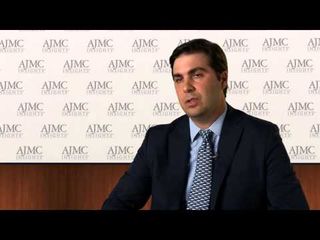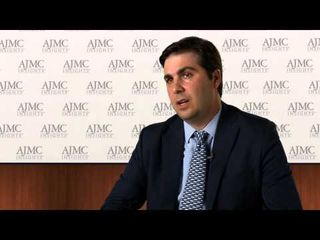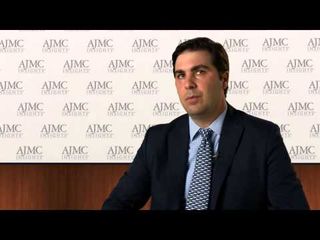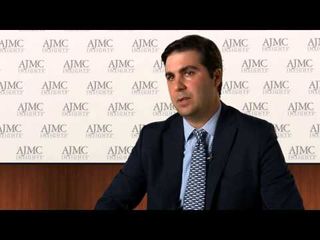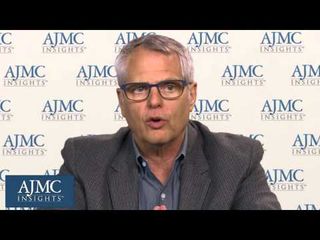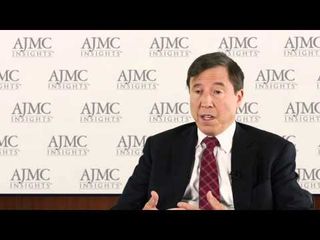
Health Care Cost
Latest News

Latest Videos

More News

Vivian Lee, MD, PhD, MBA, president of health platforms, Verily Life Sciences, discusses examples of health economics and outcomes research (HEOR) use amid the pandemic to optimize patient care, as well as what impact HEOR may have in the transition to a value-based health care system.

Genome-wide association studies are building the potential for precision medicine for children with respiratory diseases, but the progress also comes with challenges related to cost and issues with early screening, according to speakers at the ATS 2021 International Conference.

There is a role for pharmacists and pharmacy quality measures in addressing the public health challenge of diabetes, according to speakers at a recent virtual meeting this week.

The researchers undertook the study on diabetes in patients with stroke amid evidence of mortality and hospitalization for some cardiovascular complications declining.

Highlighting the latest ophthalmology-related news reported across MJH Life Sciences™.


When patients had the option of using prescription digital therapeutics, their insurers and employers saved significant money in both direct and indirect medical costs, the 2 studies found.

Panelists of a session at the Pharmacy Quality Alliance 2021 Annual Meeting explore how shared decision-making and patient decision aids can promote appropriate care and treatment adherence, as well as lower cost and utilization of health care services.

The 4-day annual meeting of ISPOR—The Professional Society for Health Economics and Outcomes Research—will cover a wide range of topics. Here are 5 themes to keep an eye out for.

This article is co-written by Suzanne Delbanco, PhD, MPH, executive director, Andréa Caballero, MPA, program director, and Julianne McGarry, MPP, director of projects and research, for Catalyst for Payment Reform, and Robert S. Galvin, MD, chief executive officer, Equity Healthcare, LLC.

To mark International Nurses Day, we look at factors contributing to workload burden and burnout in nurses, which include electronic health record (EHR) management, understaffing amid the COVID-19 pandemic, and a lack of emotional support.

Sleep disorders were found to be associated with significantly higher rates of health care utilization and cost, accounting for $94.9 billion in costs each year in the United States.

As the COVID-19 pandemic has laid bare issues of rising high health care costs and disproportionate coverage nationwide, executive decision makers at large employers indicated their support for greater government intervention to address concerns.

Alberta, Canada becomes the latest province to begin switching patients from originator adalimumab (Humira) to biosimilar versions as part of its Biosimilars Initiative.

Although the Center for Medicare and Medicaid Innovation (CMMI) has delayed the start of payment models for kidney care, one dialysis provider says it remains committed to the concept.

An analysis by the Integrated Benefits Institute estimates that the total cost of lost time from work due to the COVID-19 pandemic could reach $50.5 billion, marking a 117% increase from prior projections.

Posters from the Academy of Managed Care Pharmacy annual meeting evaluated real-world evidence on adherence to biosimilars and barriers to biosimilar adoption.

While the introduction of sodium glucose co-transporter 2 (SGLT2) inhibitors has benefitted patients with type 2 diabetes and impacted guidelines globally, these expensive therapies have managed care implications, explained Richard E. Pratley, MD, of AdventHealth Diabetes Institute and Johns Hopkins University School of Medicine.

According to the report, direct medical costs represented less than half ($418 billion, or 43%) of overall annual costs.

Microsoft's acquisition of Nuance reflects health care trends of an economy emerging from COVID-19, according to a speaker at the National Association of Managed Care Physicians Virtual Spring Managed Care Forum.

With unprecedented pauses in air pollution emissions in spring 2020 and ongoing virus mitigation behaviors around the world, the COVID-19 pandemic presents an opportunity to better understand the impact of poor air quality on human health.

During her opening plenary at the NAACOS Spring 2021 Conference, Liz Fowler, PhD, JD, deputy administrator and director of the Center of Medicare and Medicaid Innovation, highlighted how the center is taking a pause to reassess its models and what is coming next.

Given that some patients may need to travel out of state to access CAR T sites of care, some may not have a clear understanding of their insurance benefits, including requirements for out-of-state or out-of-network treatment, as well as adequate assistance with the costs of medical-related travel.

Three cell and gene therapies were among the drugs included in a specialty drugs pipeline forecast at the Academy of Managed Care Pharmacy 2021 meeting.

With President Joe Biden marking his 100th day in office at the end of the month, a health policy strategist sat down for a conversation to discuss the new administration’s achievements and challenges.




